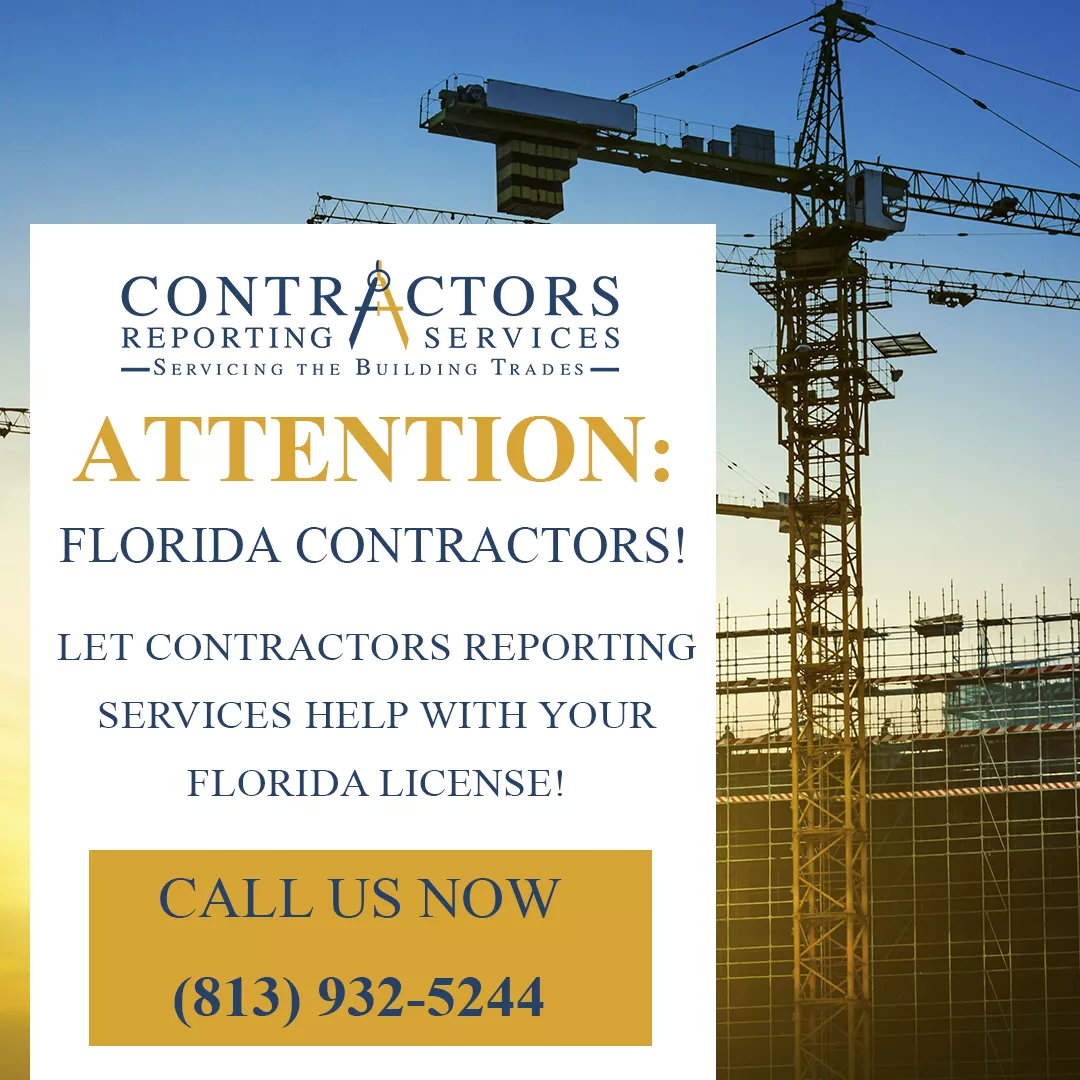The responsibilities of a general contractor and the steps to become one
Who is a general contractor?
A general contractor is an individual or company responsible for scheduling and overseeing the day-to-day activities of a construction project.

General contractors are hired to manage a construction project from groundbreaking to its completion and as per the scope of the contract signed.
Sometimes they can be hired to work as construction managers – Construction Managers at Risk and Construction Managers as agents. In either case, they should have a general contractor license to oversee a construction project in Florida. They may not be able to perform all the work themselves as they may not have the appropriate state certificate for trade-specific work.
The broad scope of work a general contractor is:
- Assess the full scope of the project from the very initial meeting with the property owner
- Devise and manage the project plan to ensure its successful completion within the estimated timeframe and budget
- Organize and manage the construction site
- Serve as the primary point of contact for all subcontractors and the client.
- Arrange and schedule for specialists and subcontractors in the right order, and ensure quality and timely completion of tasks
- Provide field management and labor
- Assist with cleanup, safety procedure, and demolition
- Manage client expectations by providing a realistic timeline for completion as well as arranging the necessary building permits
- Create cost estimates, which would require the contractor to consider and bill for materials, equipment rental, labor, office space, insurance expenses, worker’s compensation, and time
How to become a contractor in Florida?
Florida has one of the most extensive lists of requirements for a general contractor license compared to any other state. To work as a general contractor in Florida, individuals must be licensed with the Department of Business and Professional Regulation of the State of Florida.
Here are the three broad steps to become a general contractor in Florida:
1. Qualifications and eligibility requirements
- Age: Over 18 years old is mandatory to be eligible for this work.
- Background check: A clean record is important to apply. Fingerprints will need to be provided for the background check.
- Experience: Four years of experience or a combination of construction education and experience is needed. Details of the experience will need to be given as proof. Additionally, at least 1 year of supervisory experience as a contractor is necessary to qualify for licensing. A licensed architect, engineer, or building official would need to attest to work experience.
- Verification of financial stability: The amount required for net income will depend on the level of classification applied for. Bank statements and a credit score report from the last 12 months will be needed as proof of net income.
- Insurance: Documents will be needed to prove general liability insurance that covers bodily injury and property damage and workers’ compensation insurance.
2. Application
Decide the type of license: There are two broad classifications of contractor licenses:
- A certified license is valid throughout the entire state of Florida, which means a contractor can legally work anywhere in the state. It is, however, slightly more expensive.
- A registered license is cheaper but allows a contractor to work within specific local jurisdictions only. It also requires the issuance of a certificate of competency by those jurisdictions.
The certified general contractor license is more popular as it grants more freedom to work anywhere in the state.
Prepare: The exam consists of 3 parts, with 9 hours to complete the exam. A minimum score of 70% is needed to pass the exam. Reference books that cover Florida building codes and other regulations are allowed during the exam.
The 3 parts of the exam are Project Management, Contract Administration, and Business and Finance.
- Register: An online registration can be done wherein the exam date can be chosen as per convenience. The fee for the exam is payable by credit or debit card.
- Send application form and fee: Once the general contractor exam is passed, the application form for the license can be sent with an additional fee for the license.
- Mail the documents: Documents like bank statements, credit score reports, and proof of employment along with a completed exam, written application, and fee should be sent to the State of Florida, Department of Business and Professional Regulation. Once the application is processed, the proof of certification will be sent by mail.
3. Play the part
- Keep proof of certification: A certification card with the license to work in Florida must be at hand when searching for employment. This certification must be present on the resume and in job applications.
- Apply at construction companies: Look for openings for general contractors through construction companies or visit construction companies in person.
- Renew the license before expiry: A general contractor needs to take 14 hours of continuing education courses to maintain the license. Thereafter, one must apply for renewal before the expiry date.
That’s a lot of paperwork and errands! What if the clients could just focus on deciding what kind of license to go for and how to prepare for it? And the rest of the worries – the documentation, the processes, the renewal, and the policy changes… everything else could be taken care of by Contractors Reporting Services.
Why Choose Contractors Reporting Services?
With over fifty years of experience, the company has the needed qualifications and expertise to ensure that a client can attain and maintain a Florida contractor’s license.
The services include:
- Initial Applications (Certification & Registration)
- Additional Entities
- Transfer/Change of Status
- Reinstatement
- Registrations
- Financial Stability Review & Report
- Local License Registration & Renewals
- Workers Comp Exemption

For more information about acquiring a general contractor license or learning how to become a contractor, contact Contractors Reporting Services at (813) 932-5244.






















